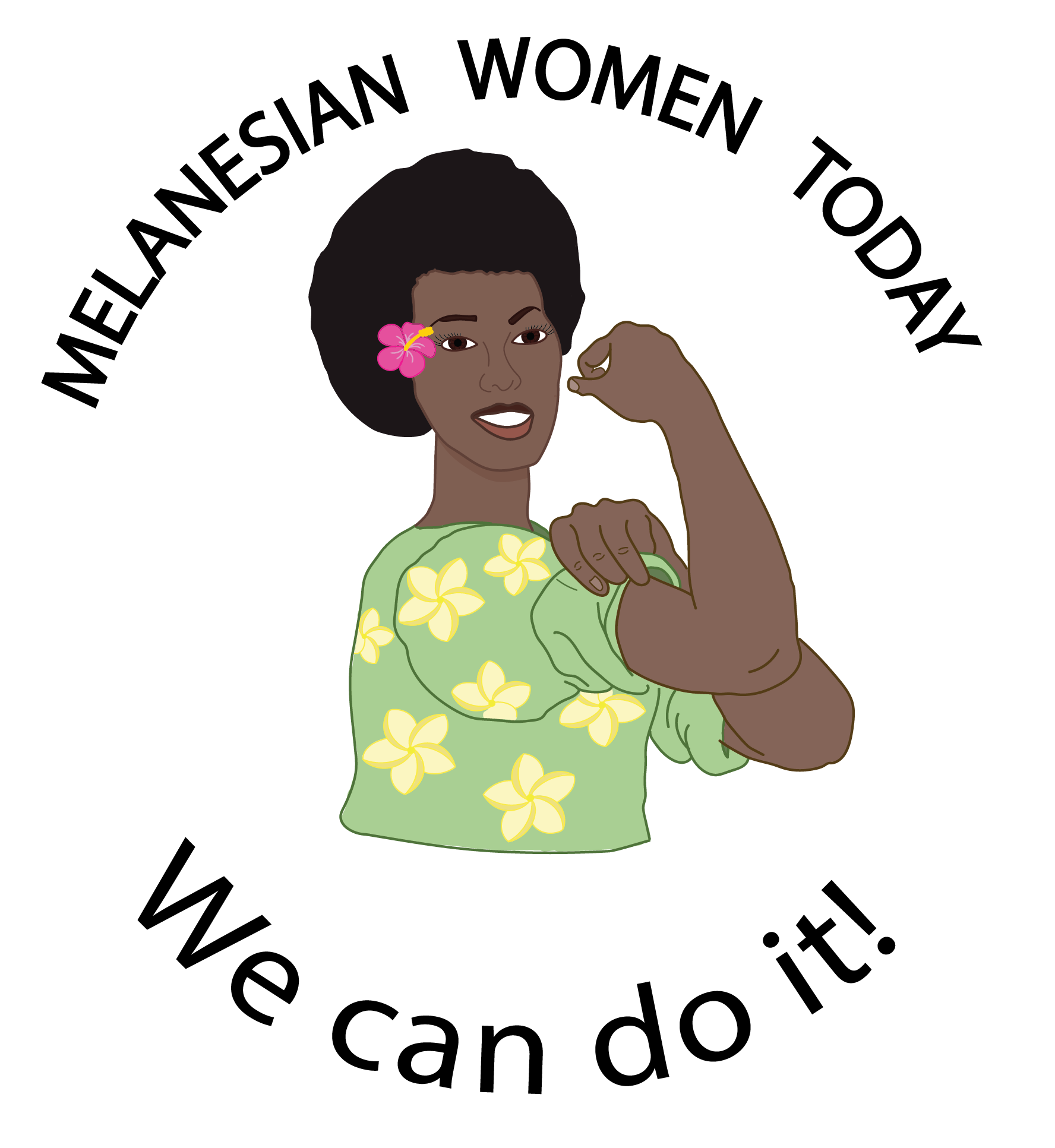The Voices of the Pacific Islands Brought to an International Stage: Solomon Yeo’s movement for an advisory opinion
Solomon Yeo’s story, as Campaign Director to the Pacific Island Students Fighting Climate Change, is a testament to the gift of momentum. Because the immense burden of climate change that existentially threatens the Pacific Islands has received insufficient attention, Yeo and a group of 27 legal students in college began devising a campaign to combat it; the PISFCC. Pacific Island Students Fighting Climate Change is a youth-led climate advocacy organization that has been relentlessly advocating for an advisory opinion on climate and human rights from the United Nations International Court of Justice. This advisory opinion would serve several goals; cementing scientific evidence toward action, seeking ambitious goals around the Paris Agreement and being the legal forum that integrates human rights into international climate efforts.
Yeo grew up in the Solomon Islands, and those definitive years in the Pacific impacted his later psychology on activism. “Growing up in the Pacific, you cannot grow up as an individual. You always grow up with the community you are a part of.” For Yeo, he described becoming aware of the disturbance to the balance between human consumption and the environment as the initial birth of his passion to dedicate himself to fighting climate change.
The many nations of the Pacific Islands, including Vanuatu, Tuvalu, and the Marshall and Solomon islands, have all been reaching inhabitability as sea levels rise at a rapidly accelerated rate. This is a fact difficult to reckon with—that the region of the world responsible for 0.03% of global greenhouse gas emissions face the most mortal consequences. The five first islands of the modern world that are now below sea water were once part of the Solomon islands. Where there was once land and life, there is now only ocean. That is the stunning, incomprehensible power of climate change on the world. Although those 5 islands were uninhabited by humans, nearly every other island and atoll now seeing their livable land mass decrease are. But from this terrifying risk to the culture and health of Pacific Islanders, came the motivation that brought Solomon Yeo’s campaign into being. In 2019, those 27 USP law students connected their interest in the legal ability to improve conditions of the world and their passion to combat climate change, resulting in a campaign gaining traction through the support of global leadership and local communities.
When speaking with Melanesian Women Today, Solomon often spoke of how human rights are treated as separate to the climate crisis, when in reality they are importantly interconnected. He specifically cited a moment when an elder in a community he was not from approached him to voice his support for the ICJ campaign. Yeo stated, “to be able to have your campaign reflected, not just the campaign but also the importance of the connection between human rights and climate change to go so far into the communities- in the Pacific, you have made an impact.” The simple pride in reaching people demonstrates the heart of the PISFCC, which is unity. Unity among people and their governments, and between generations, all in the collective effort of addressing what needs to be made a global priority—radical progress in reversing the impacts of climate change.
Solomon Yeo reminds us that as new generations, there is a choice to challenge that realities are unchangeable, that collective power is ignorable, that the issues we face exist exclusively. We must recognize the nexus of human rights, climate action, youth involvement and education and harness frustration into action. Through this, the PISFCC is working to become a catalyst for international change.
Listen to the full podcast episode to learn more about Solomon and the PISFCC’s journey.
Author - Saiya McElderry
“Growing up in the Pacific, you cannot grow up as an individual. You always grow up with the community you are a part of.”


